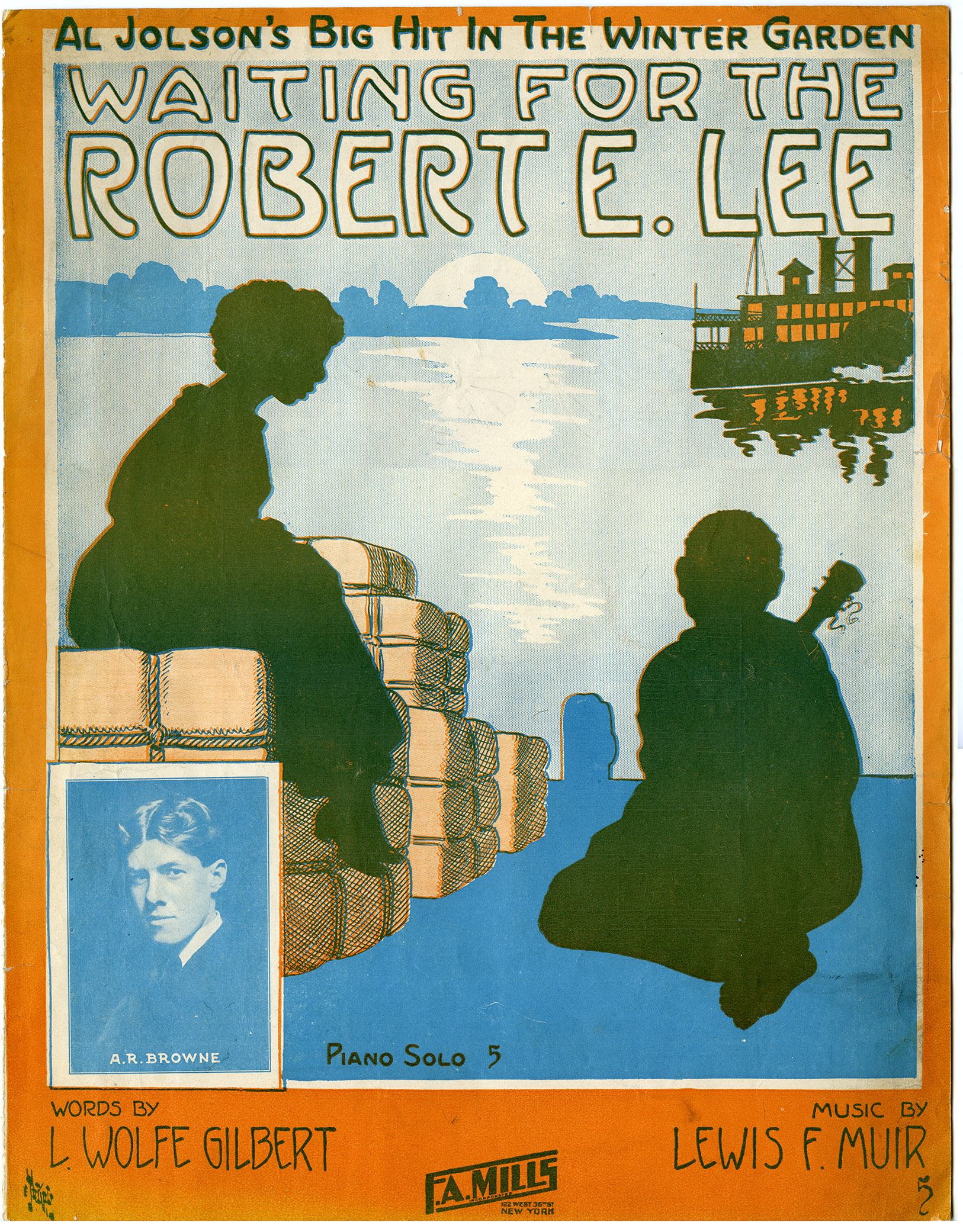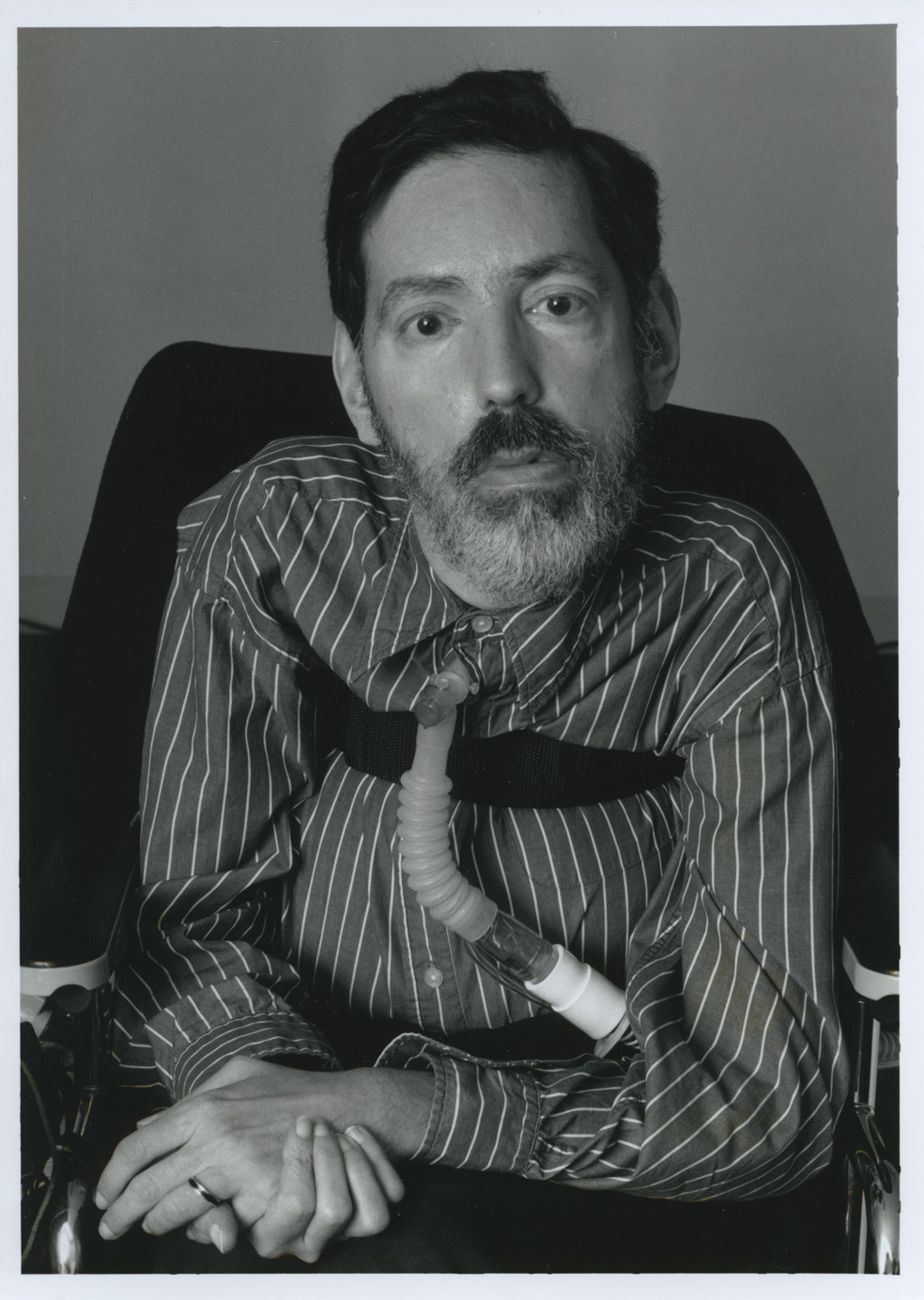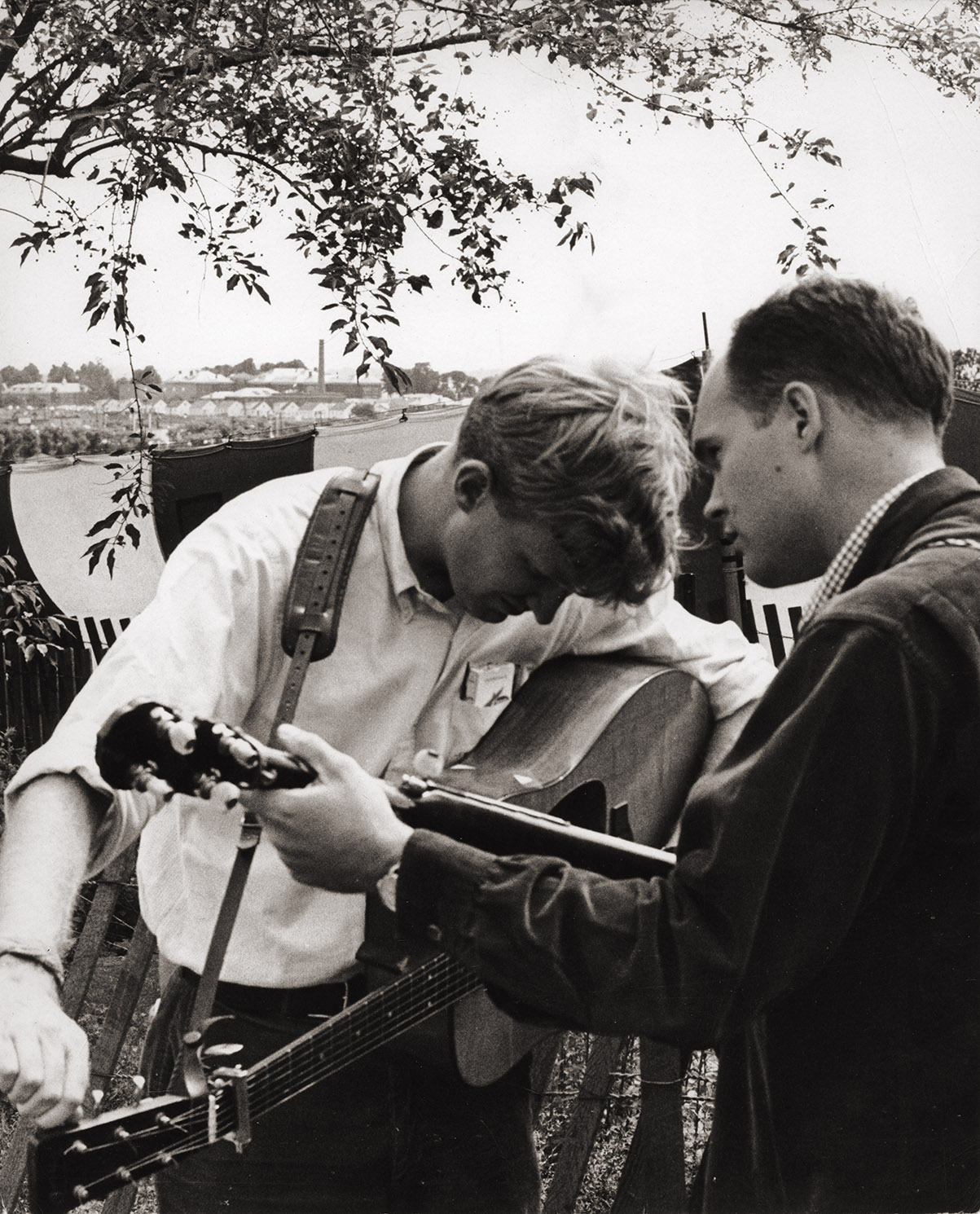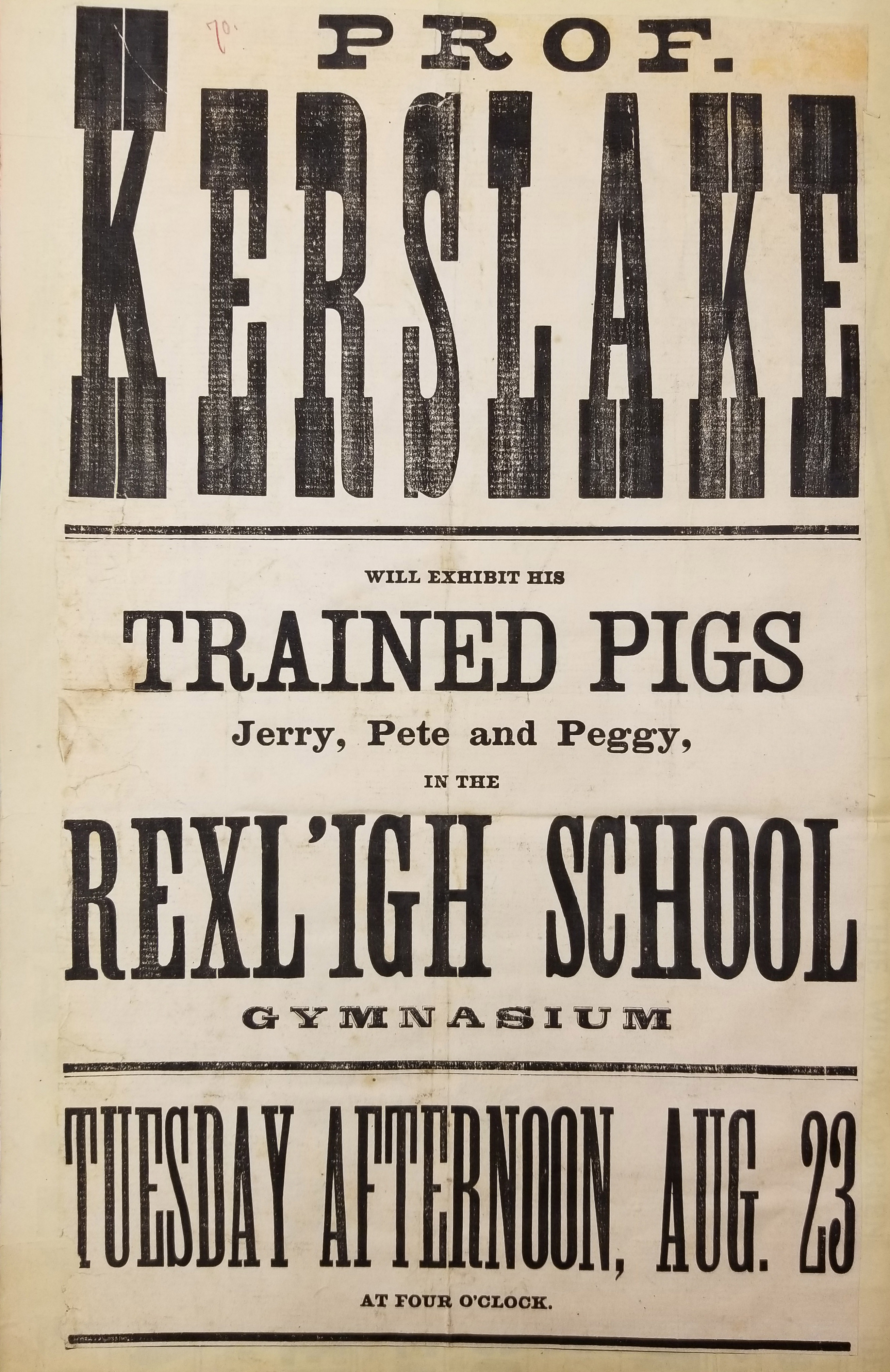James E. Howard Collection
An advertising man from Brooklyn, and a neighbor and friend of W.E.B. Du Bois, James E. Howard was an active supporter of the Committee for the Negro in the Arts during its brief period of activity. Organized in 1947 with Communist Party support, the Committee was an arts-focused civil rights organization, opposing degregation and promoting the employment of African Americans in the performing and visual arts. Criticized by the House Un-American Activities Committee as a Communist front, the Committee was also criticized by the intellectual Harold Cruse, a former member, as a “sad flop,” a patronizing and opportunistic endeavor of white radical that was so constrained by the desire to appeal to white audiences that it was incapable of exploring work of deeper significance to African American audiences.
This small collection contains printed materials from the Committee for the Negro in the Arts (CNA), a politically progressive interracial cultural organization. The collection includes CNA newsletters, event programs, invitations, and an assortment of mailings and other items used in publicity and public relations.





